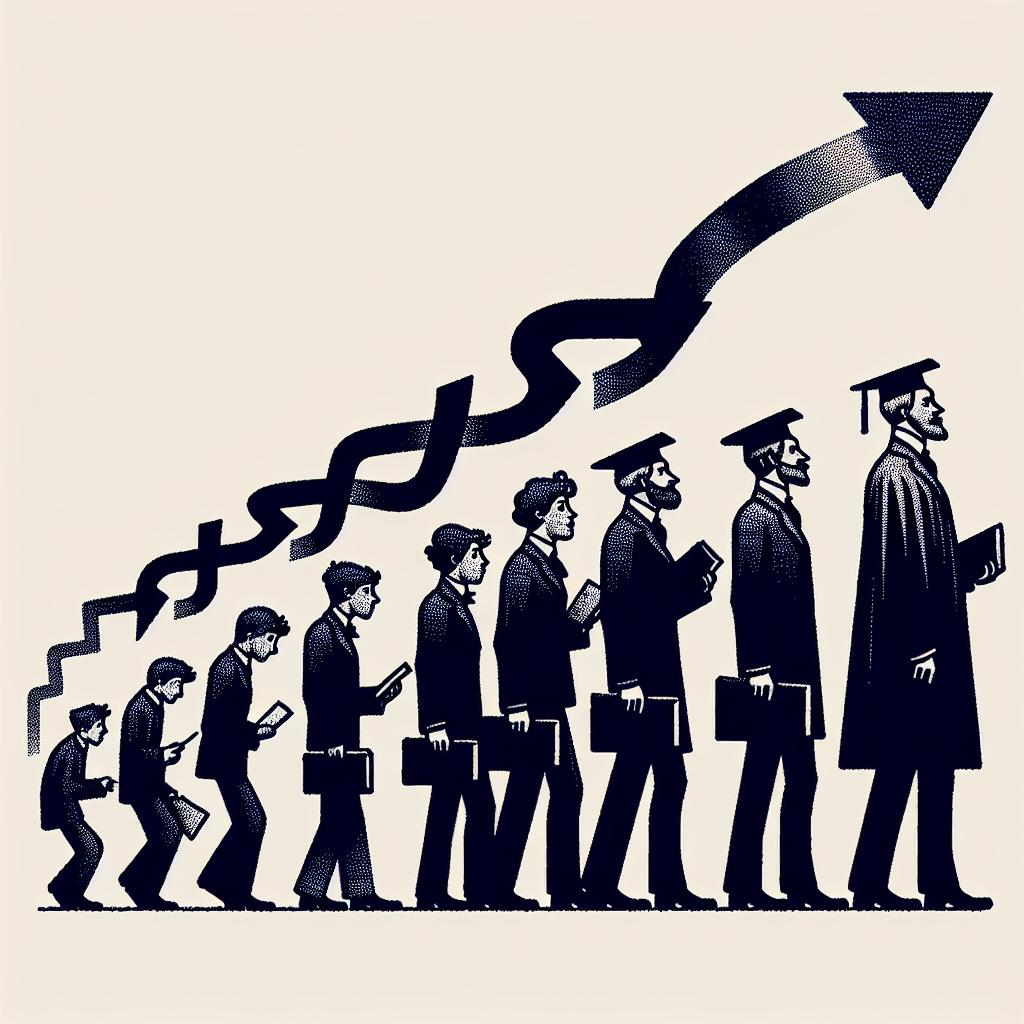Engaging Change in States Like Minnesota
In recent years, progressive policies have gained momentum across various U.S. states, particularly in Minnesota under the leadership of Governor Tim Walz. A range of measures focusing on healthcare and education have become central to the state’s political landscape. These decisions not only speak to the values of the constituents but also represent a transformative vision for the future of public services.
“States like Minnesota, under Tim Walz’s leadership, have implemented progressive policies in education and healthcare.”
Healthcare: Making Access a Priority
One of the central tenets of Governor Walz’s policy agenda has been an unwavering commitment to expanding access to affordable healthcare. Minnesota has implemented several initiatives that aim to bridge the healthcare gap, addressing the needs of those who are uninsured or underinsured.
In a country where healthcare costs can be overwhelming, Minnesota’s efforts stand out. Programs have been sponsored to lower prescription drug costs, ensure that families have access to necessary treatments, and provide support for mental health services.

Education: Advancing Public Outcomes
Education is another pillar of Minnesota’s progressive platform. With a focus on improving public education outcomes, many policies seek to address inequalities and enhance educational opportunities in underfunded districts. Governor Walz has advocated for securing more resources for schools and reducing outdated policies that hinder equitable education.
This shift towards an inclusive education system is vital, as it is widely understood that access to quality education chart out a path for economic mobility and social stability. Innovative funding models and partnerships with local organizations aim to create environments where students from all backgrounds can flourish.
The Economic Debate
While progressive policies are celebrated by many, they also spark heated debates concerning their long-term impacts on state economies and social welfare outcomes. Critics argue that implementing such policies may lead to increased taxes and burdens on businesses, potentially resulting in slower economic growth.
Supporters, however, contend that investing in healthcare and education equips residents with the tools necessary to thrive, leading to a more dynamic and robust economy.
The focus on inclusive policies reveals a broader competing philosophy — should states prioritize social equity through comprehensive support systems, or does such prioritization inadvertently stifle economic momentum?
Amid these discussions, Minnesota continues to serve as a case study as it adopts these progressive policies. It is essential to examine their implications and the extent of their influence in shaping a new model of governance that prioritizes the well-being of its residents.
The Towards a Sustainable Future
Moving forward, Minnesota’s efforts could be a blueprint for others contemplating similar initiatives. As states grapple with rising costs and economic pressures, the quest for effective governance continues to evolve. It poses a pivotal question — can progressive policies coexist with fiscal responsibility, and can states transmute these ideals into actionable strategies for growth?
For now, under the stewardship of progressive leadership, Minnesota has embarked on a potentially transformative journey marked by ambitious educational reforms and an inclusive healthcare approach. Observers and political leaders across the country watch closely to learn whether these initiatives enhance the welfare of constituents or present unforeseen economic challenges.



